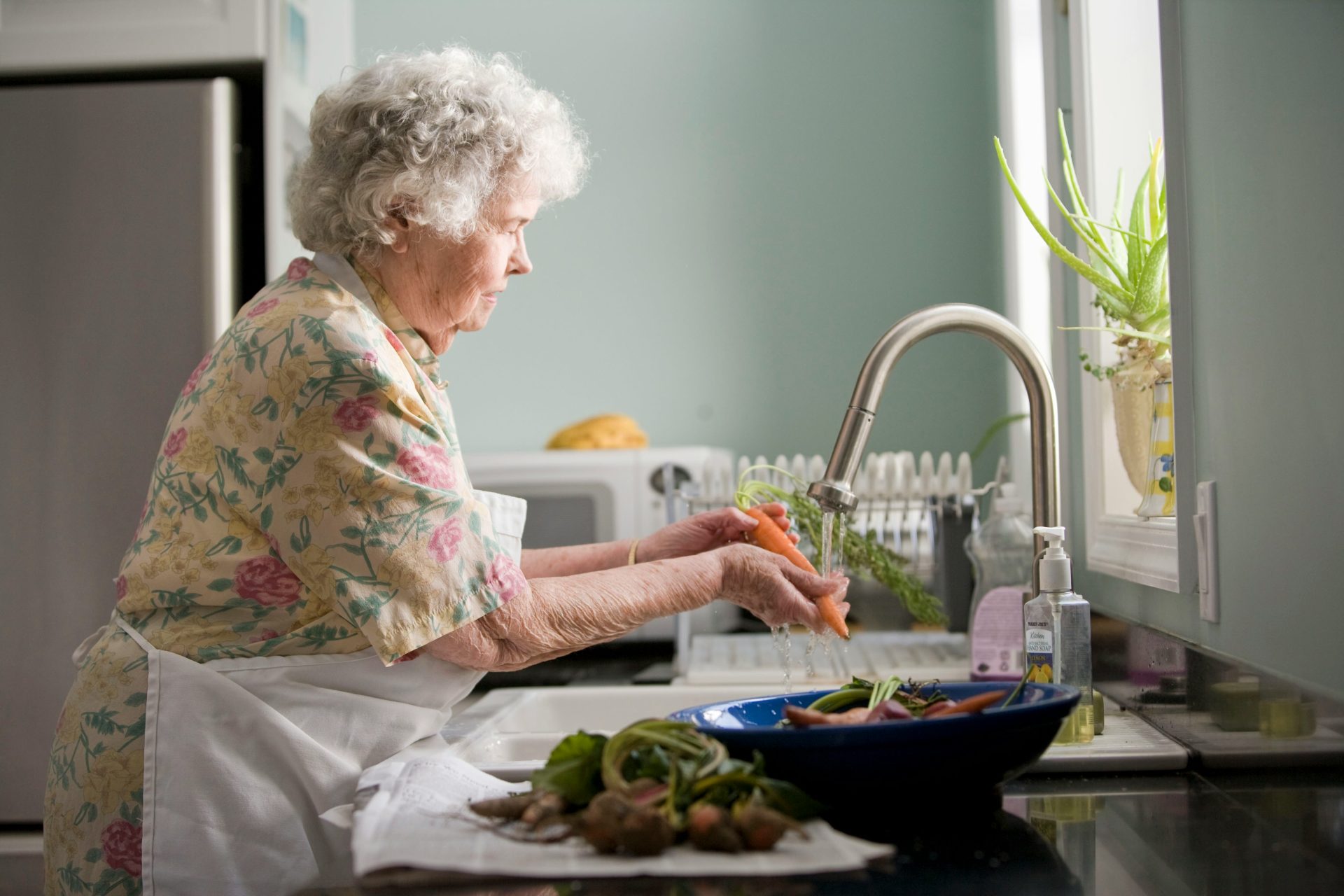As our parents age, it’s natural for them to slow down. The trick is to know when “normal aging” turns into a need for more support. Many seniors resist asking for help, so it’s important to recognize the warning signs that indicate they may be struggling with daily tasks.
Here are a few signs that your aging parents may need more help at home.
Physical Changes and Mobility Issues
If your parent has lost weight, bruises frequently, or struggles with basic hygiene, they may be experiencing difficulty with daily tasks. It’s a good idea to talk with them about their cooking habits, eating, or ability to get around safely.
You’ll want to pay attention to their balance and coordination, since falls are a leading cause of injury in older adults.
Memory and Cognitive Decline
Forgetting appointments, mismanaging medications, or getting confused about time and place are all aging red flags. Repeating the same stories or struggling to follow conversations may indicate early signs of dementia.
Changes in Behavior and Mood
If your once-social parent has withdrawn from friends and activities, this could be a sign of depression, loneliness, or cognitive decline. Mood swings, irritability, or increased paranoia should also be taken seriously.
Difficulty Managing Household Tasks
A cluttered, messy home, stacks of unpaid bills, or spoiled food in the fridge may signal that managing daily responsibilities has become overwhelming. If basic chores are being neglected, they may need assistance with home maintenance or meal preparation.
Trouble with Driving
New dents in their car, getting lost in familiar places, or an increase in traffic tickets are warning signs that driving may no longer be safe. It’s important to keep an eye on driving for their general safety.
When It’s Time to Address Aging Issues
Recognizing when a senior loved one needs more help at home can be challenging, but staying attentive to the warning signs above can make all the difference. By having open conversations, assessing their needs, and exploring support options early, families can ensure their loved ones remain safe, comfortable, and independent for as long as possible.
Some solutions to providing seniors with help may include bringing in professional caregivers, modifying the home for safety, or simply extra companionship. Taking proactive steps now can provide peace of mind and a better quality of life for everyone involved.








